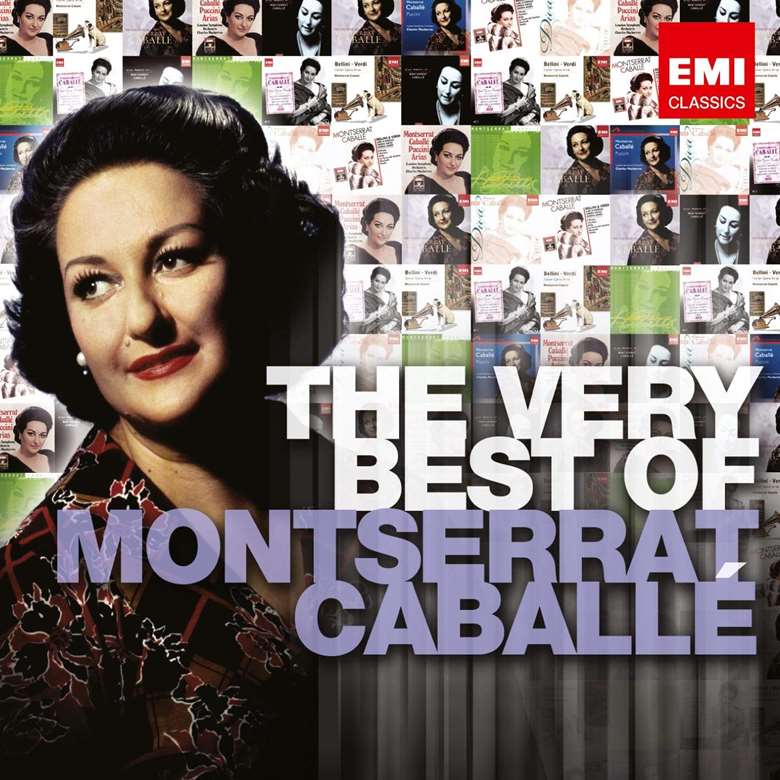The soprano Montserrat Caballé has died
Saturday, October 6, 2018
Born April 12, 1933; died October 6, 2018

Register now to continue reading
Thanks for exploring the Gramophone website. Sign up for a free account today to enjoy the following benefits:
- Free access to 3 subscriber-only articles per month
- Unlimited access to our news, podcasts and awards pages
- Free weekly email newsletter







